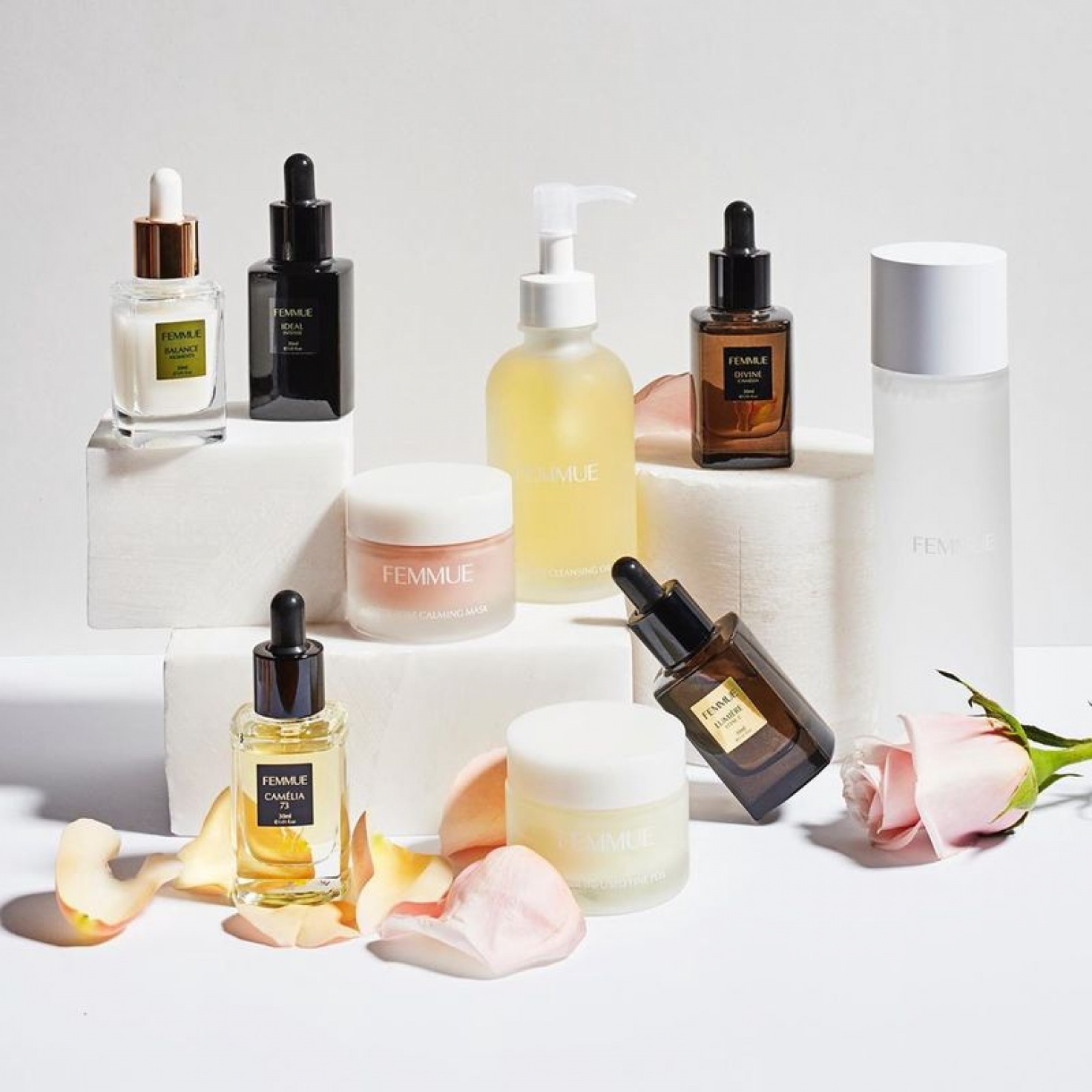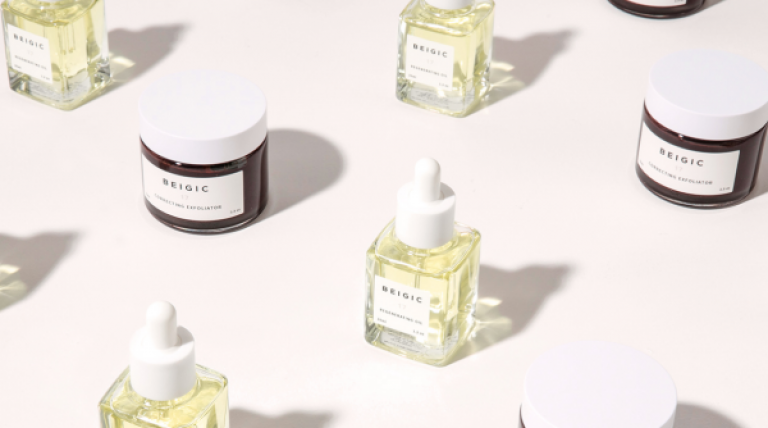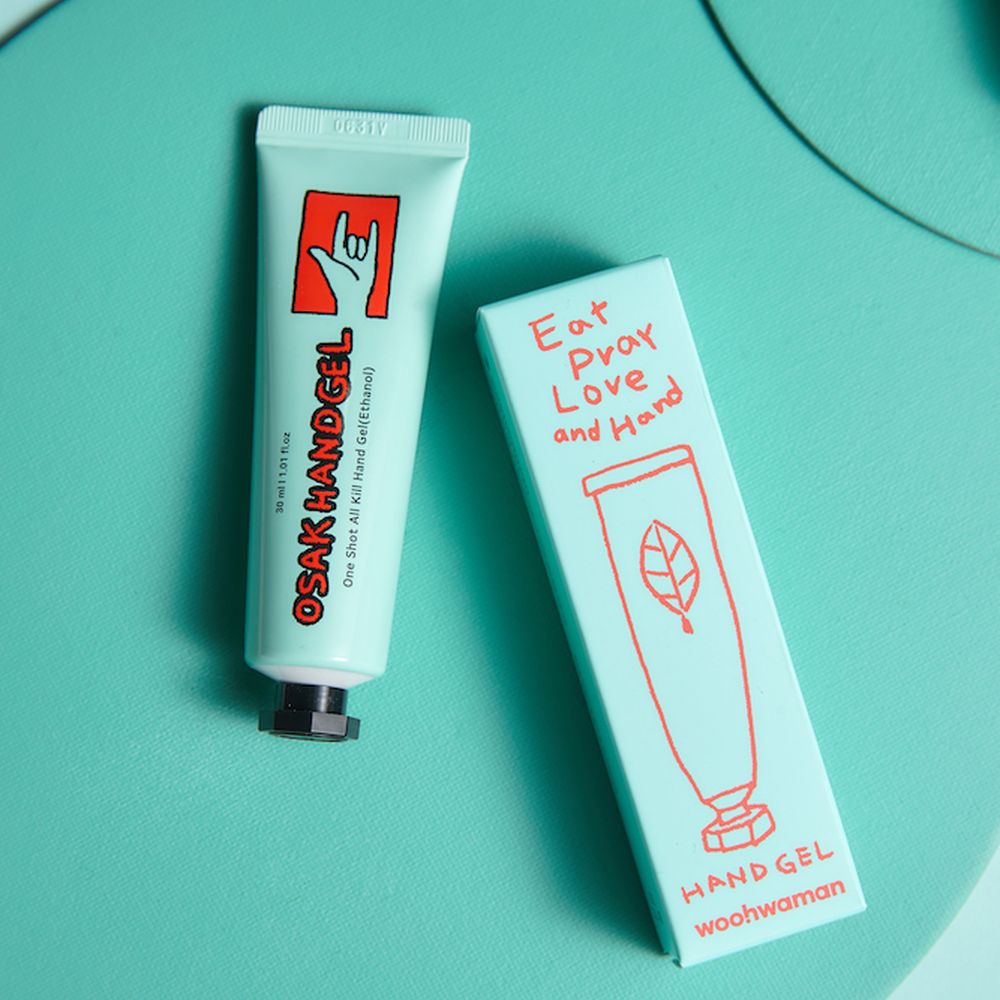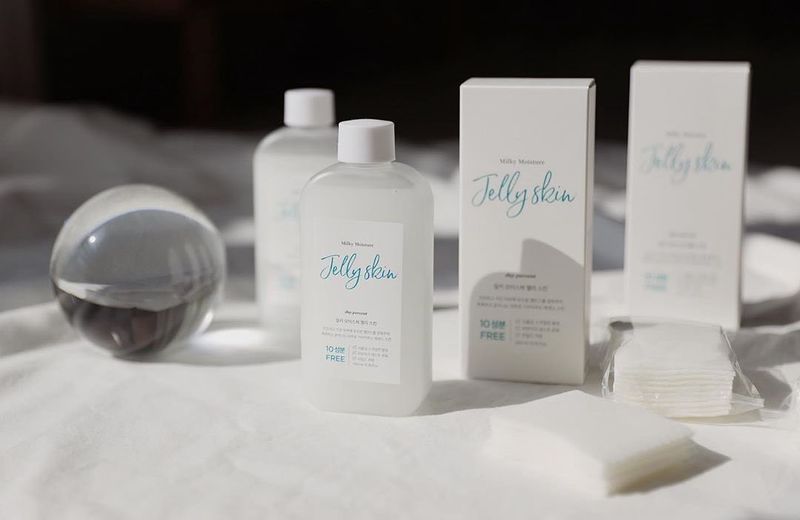The NIVEA Accelerator – NX was established a year ago in Seoul, South Korea. The NX program is led by the German cosmetics giant Beiersdorf with the goal of identifying and collaborating with disruptive beauty start-ups. The first cohort led to Beiersdorf’s investment in the Korean beauty start-up LYCL (unpa.Cosmetics).
Jacek Brozda, Co-Founder NIVEA Accelerator, explains, “Last year we launched the first global accelerator program for beauty startups in Korea. Now we aim to become the leading beauty accelerator in Asia by 2022.”
Keeping the positive momentum, NX selected the second batch of start-ups to join the NIVEA Accelerator program. After several months of scouting and evaluating 250+ candidates, NX announced it’s top five beauty start-ups:

1. Femmue: Founded in 2013 by CEO Kelly Chung and based on the concept of self-love through the energy of flowers, or what Chung refers to as “Flower Therapy.” The brand’s products are grounded in the healing properties of flowers such as de-stressing, strengthening, and supporting the skin. The diversity of flowers allows Femmue to experiment with different scents, colors, and textures depending on the desired product outcome.
“We are passionate about encouraging women to change beautifully through flowers and FEMMUE.” — Kelly Chung

2. Beigic: Founded in 2016 by CEO Kate Namgung. A minimalistic skincare brand powered by coffee, specifically green coffee bean oil. This hero ingredient brings about numerous skin benefits as it is rich in antioxidants, essential amino acids, vitamin E, and natural caffeine for the skin. All of Beigic’s products support a 3-step skin solution suggested by this unique coffee-infused beauty brand: release, recharge, and defend your skin.
“We are committed to adding little indulgence and pleasure to your everyday skincare rituals—the little BEIGIC touch that completes your skincare rituals, your mood and your day.” — Kate Namgung

3. Woohwaman: Doyeon Kim, CEO of Woohwaman, was inspired by the attention K-Beauty was receiving internationally, and founded an interactive user platform in 2019 that allows consumers to share their beauty product ideas, complaints, and recommendations. Based on these user suggestions, Woohwaman evaluates the feasibility and marketability of concepts before starting the development process. Woohwaman is able to efficiently produce, sell, and advertise its own products, which can eventually be purchased in the “Woohwaman Store.” The user-driven business model consists of a 4-step reward system to incentivize users to pitch their ideas.
“Our vision is to become a global community that attentively listens to people’s needs and delivers beauty solutions for all.” — Doyeon Kim

4. Ice Creative: An influencer network platform founded in 2017 by founder and CEO Eunha Kim that serves two major functions. Ice Creative co-creates products together with fashion, beauty, and lifestyle influencers. The platform can also be utilized by third-party brands to create external promotional content with a network of over 100+ top Korean beauty influencers. Besides product and content creation, Ice Creative also organizes the “Cosmet Beauty Festival,” the largest influencer and consumer beauty event in Korea. Once a year, beauty brands, influencers, and consumers come together to interact and showcase their latest products.
“We are a top of the line branding company specializing in support and growth of influencers around the world.” — Eunha Kim
5. AIO&CO (AFSMALL): A South Korean B2B platform of K-Beauty products for global e-commerce, established in 2015 by CEO Justin Jun. Within four years, the Korean platform that connects local cosmetics suppliers with foreign buyers all over the world has garnered over 900 vendors, representing markets in 60 different countries.
The cross-border e-commerce tech and cross-border fulfillment start-up runs three different business models:
“Our vision is to connect numerous buyers and suppliers from all over the world through AIONCO’s own platform based on high-end technology, and furthermore to establish one global supply chain network.” — Justin Jun